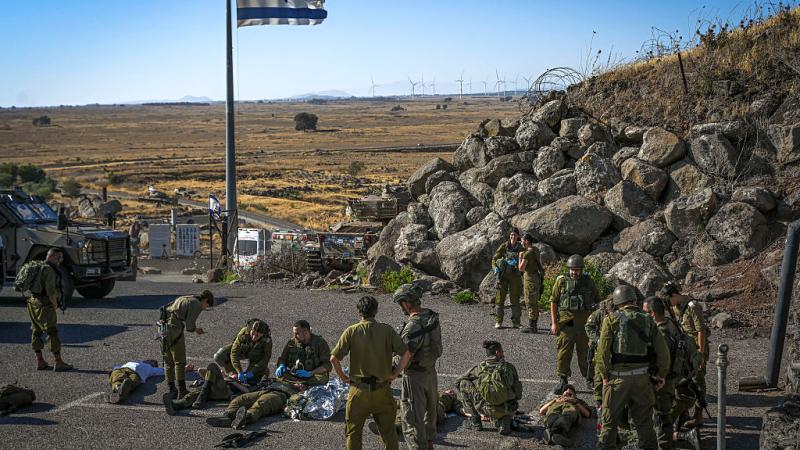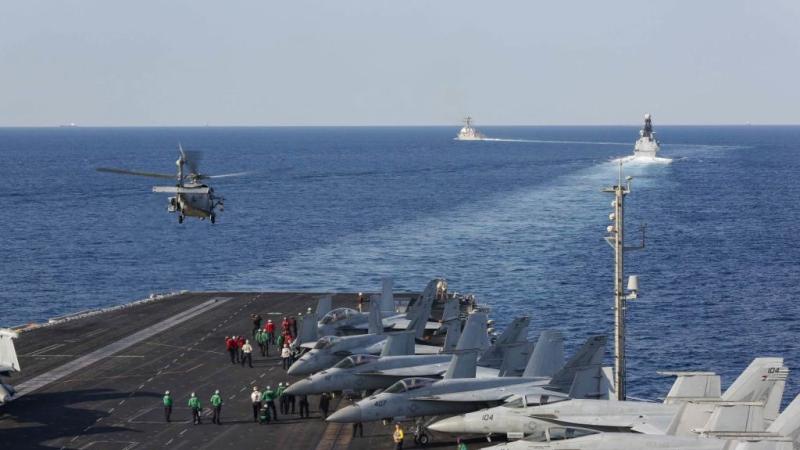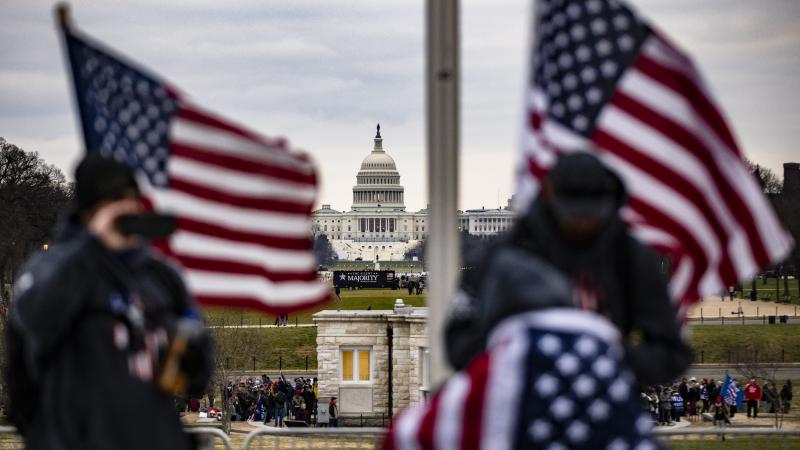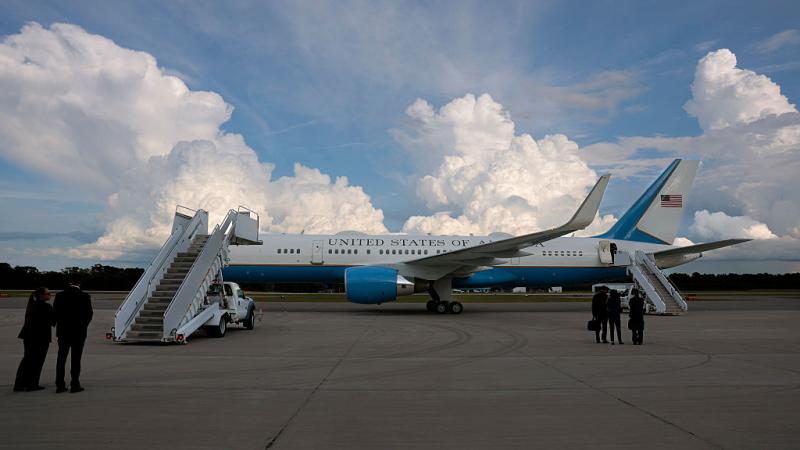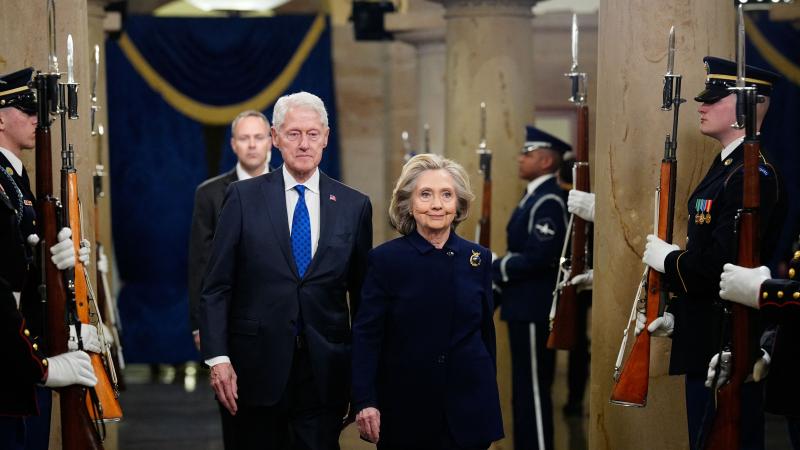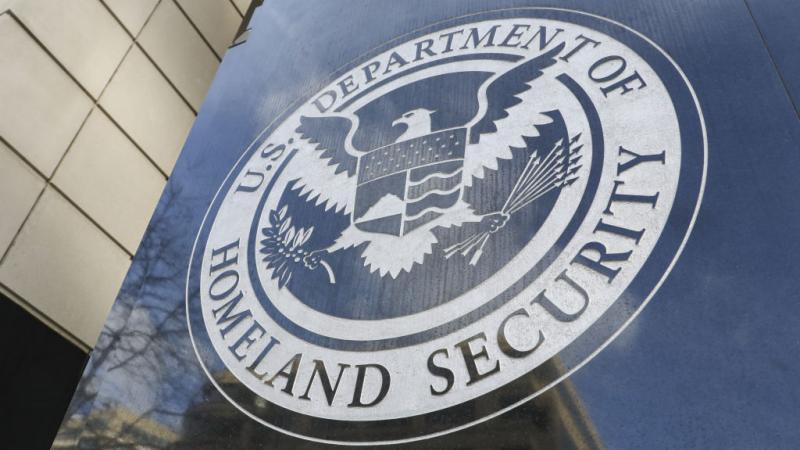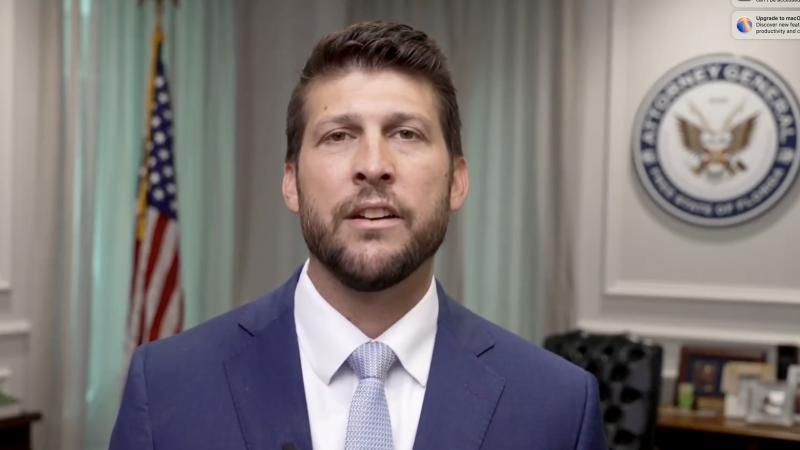Can U.S., allies rebuild Gaza without rewarding terrorists with foreign aid windfall?
In Israel, Secretary of State Tony Blinken pledged $40 million in new reconstruction aid to the Palestinians while committing to ensure "that Hamas does not benefit from the reconstruction assistance."
In the aftermath of the 11-day exchange of rocket fire and bombs between the militant terrorist organization Hamas, which controls the Gaza strip, and Israel, the international community is primed to offer financial assistance to rebuild the Palestinian territory and help civilians who live there. But concern runs high that international aid funds will end up in the hands of Hamas leaders, who have historically diverted foreign aid to terrorist activities, while keeping residents of Gaza living in squalor.
Secretary of State Antony Blinken, in the midst of a diplomatic tour of Middle Eastern capitals this week, says America is committed to rallying international support to rebuild the destruction in Gaza while ensuring "that Hamas does not b enefit from the reconstruction assistance."
British Foreign Secretary Dominic Raab, who was in Israel on Wednesday, echoed Blinken's statements of support for Israel's right to defend itself, and said that England also hopes to prevent aid money from reaching Hamas.
Blinken said the U.S. will work with "trusted, independent parties that can help do the reconstruction and the development, not some quasi-governmental authority" to make sure the aid does not line the pockets of a terrorist regime.
But Gaza is controlled entirely by Hamas, making Blinken's goal an ambitious one.
Shoshana Bryen, the director of the Jewish Policy Institute, says circumventing Hamas in the rebuilding process is unrealistic — and something the Biden administration has no plan to execute in any case.
"How you're going to accomplish the goal of rebuilding and put the money in somebody else's hands without the acquiescence of Hamas is unclear," she told "Just the News AM" Wednesday. "The administration has no plan for that."
The U.S. will provide nearly $40 million in new reconstruction aid to the Palestinians, according to Blinken, in addition to the more than $300 million that the Biden administration has already pledged, following the Trump years when that line of funding was cut off.
One goal of the Biden administration is to "continue to rebuild our relationship with the Palestinian people and the Palestinian Authority," said Blinken, drawing a line of demarcation between the Hamas terror regime that controls Gaza and the Palestinian Authority (PA) that controls the West Bank.
The administration views the PA as a partner with whom the U.S. can resume a functional working relationship. This, too, is a delusion, argues Bryen.
"They want to pretend that the Palestinian Authority is our friend and Hamas is our enemy," she said. "Not quite."
The May war was not the doing of the PA, but the regime, which was booted from control of Gaza in 2006, remains an unapologetic defender and sponsor of terrorist activities against Israel.
“Every drop of blood that has been spilled in Jerusalem, is holy blood as long as it was for Allah,” said PA President Mahmoud Abbas several years ago.
From its base in Ramallah, the PA pays monthly stipends ranging from several hundred to several thousand dollars to terrorists and their families — which is a considerably higher wage than what is earned by the average Palestinian worker. According to data accumulated by the Israeli military, the PA generally sends about $75 million annually to the families of terrorists in Israeli prisons, an amount equal to roughly 16% of the government's yearly direct foreign aid receipts.
If the past is any guide, it will be exceedingly difficult to ensure that no foreign aid earmarked for Hamas or the PA will ultimately fund terrorist activities. Israeli officials recognize that reality.
"Some of the materials we let in will go to Hamas," Israeli Defense Minister Benny Gantz acknowledged during a recent press briefing. "You need cement to build, but some of it goes to the terror tunnels."
Netanyahu also sees reconstruction in nuanced terms. While standing next to Blinken, he reiterated his support for economic growth and better humanitarian conditions in Palestinian territories, but he also issued a blunt warning: "If Hamas breaks the calm, our response will be very powerful."

